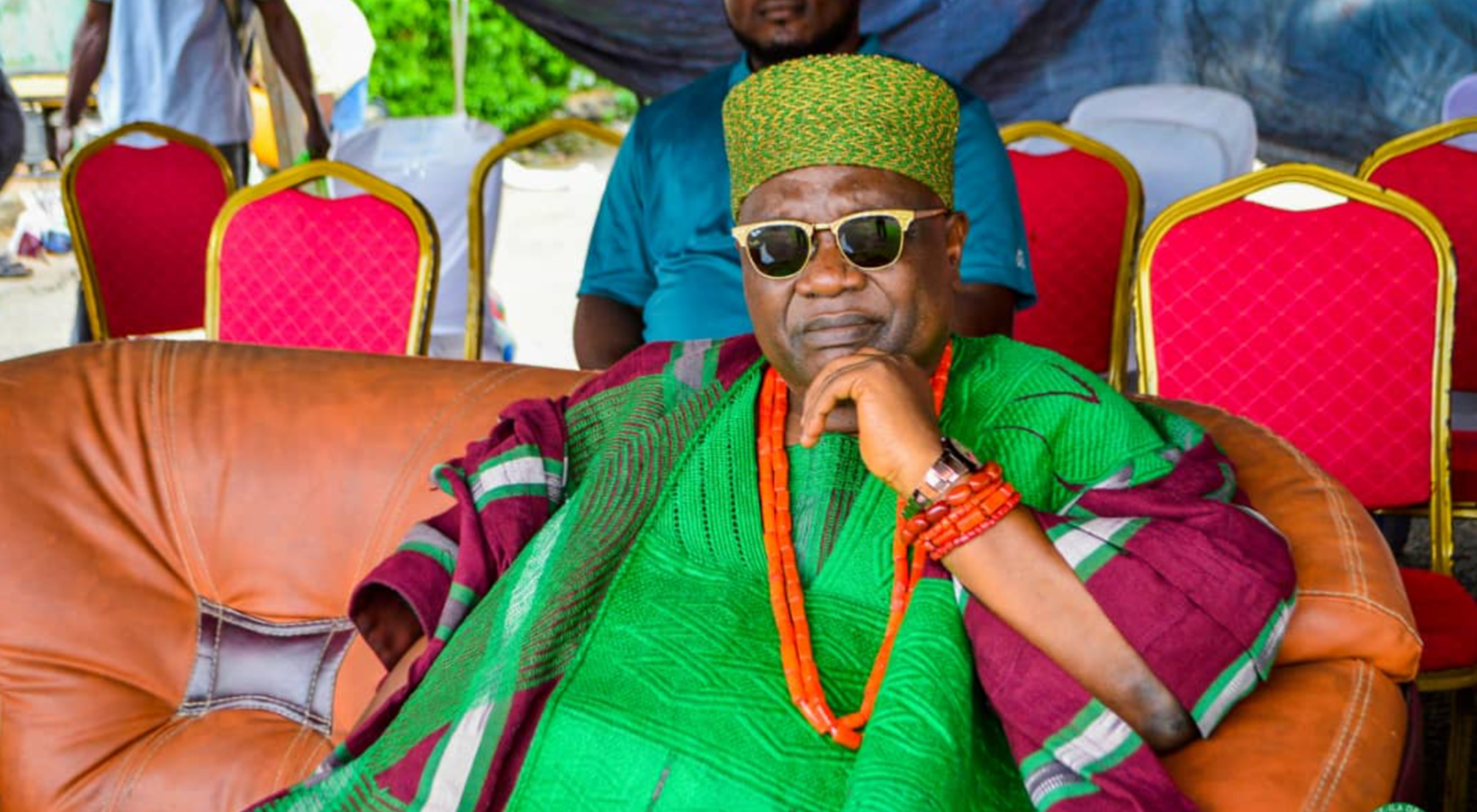The Orangun of Oke-Ila in Osun State, Oba Adedokun Abolarin, has described education as the only key to fighting poverty in the country.
Oba Abolarin who also expressed concern over the quality of education in the country, despite increasing enrolment, asked the government to increase investment in education by allocating more resources to underserved regions, paying more attention to focused services to vulnerable populations, improving infrastructure and teacher quality.
The monarch decried a situation whereby most children cannot read or understand a simple sentence by the age of 10, noting that the country must focus on holistic reforms, including infrastructure development, teacher training and improved governance.
Delivering a 14th convocation lecture at the Achievers University, Owo, the traditional ruler described education as a fundamental right and a critical driver of socio-economic development in the country.
In the lecture titled, “Modelling Quality Education for the Reach of the Vulnerable,” Oba Abolarin urged young Nigerians not to see education as a scam as being insinuated by some people.
“Education is essential for ending poverty. Education is more than the act of attending school. It must serve as a transformative force that equips individuals to thrive in life. While increasing access to education is crucial, the ultimate goal must be to ensure that this education adds value by enabling learners to master essential skills and acquire relevant knowledge.
“Formal and informal systems of education (for example formal primary school and Qur’anic schools) can be integrated into the formal education system to increase enrollment in all parts of the country Nigeria.
“Community engagement is key to success as engagement of local leaders and communities would address cultural barriers, such as child marriage, that hinder education in some regions.
“It is imperative to leverage technology extensively. Leveraging technology implies extensive use of technology to provide remote learning opportunities in regions with limited schools.
“Nigeria, as Africa’s largest economy, has the potential to serve as a model for addressing education vulnerabilities, but it must prioritise investments in infrastructure, teacher training, and inclusive education policies.
“A unified effort involving governments, educational institutions, especially Universities, international organisations, private sector actors, and local communities is essential to achieving quality education.
“By addressing systemic barriers and leveraging innovative approaches, the global vision of equitable and quality education can be realised for even the most vulnerable populations.
“Universities, importantly, have a moral and pragmatic responsibility to bridge the educational divide for vulnerable populations. Through research, partnerships, capacity building, and advocacy, they can drive systemic change, ensuring that education becomes not just a privilege but a universal right,” he said.
